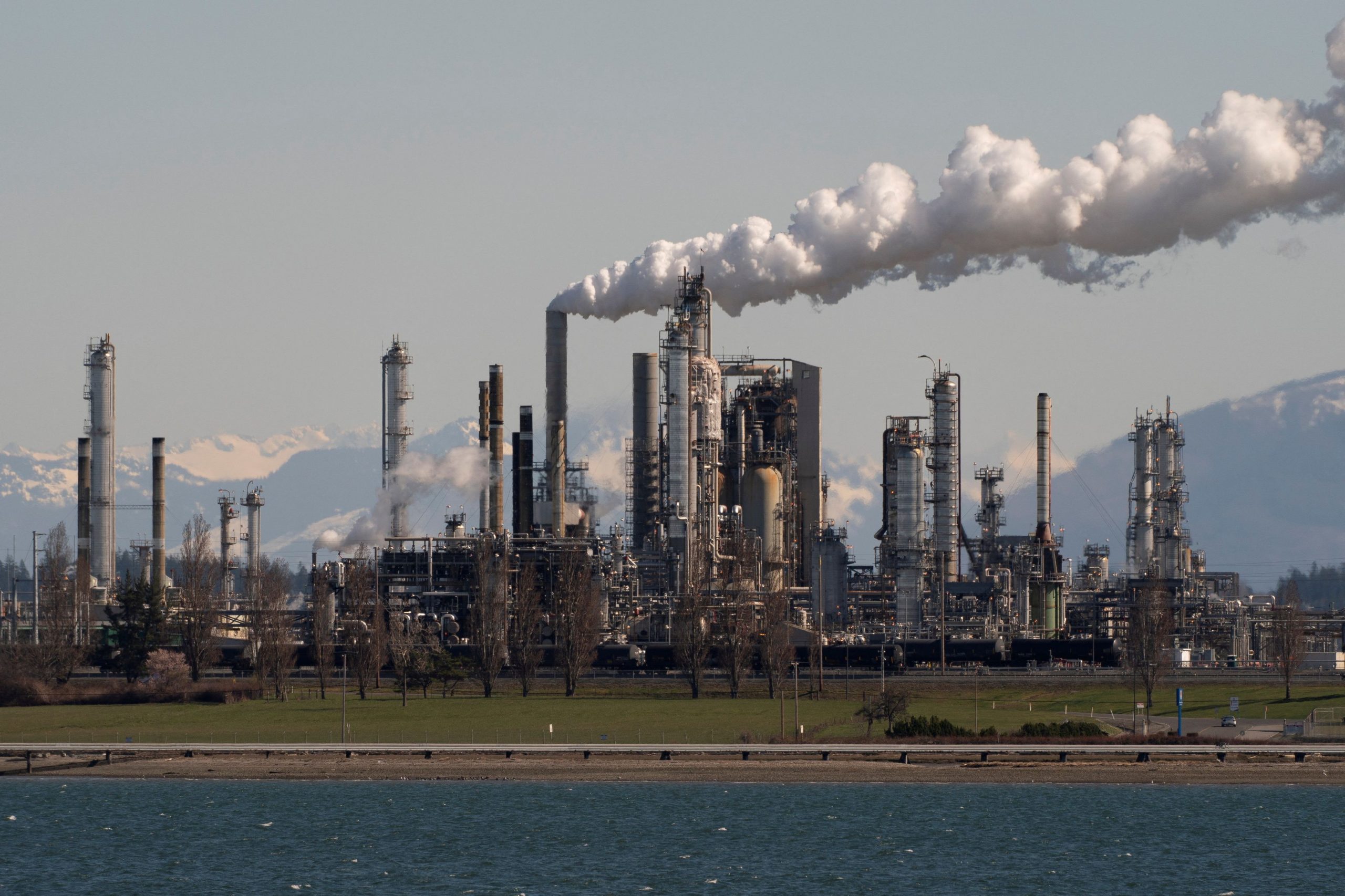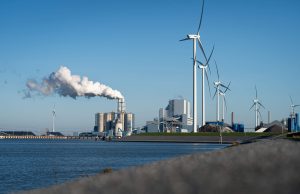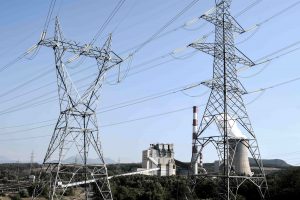A new report from UN Climate Change finds that national climate action plans remain insufficient to limit the global temperature rise to 1.5 degrees and meet the goals of the Paris Agreement. How can we make sure COP28 delivers?
The UN emissions gap report makes very clear the uphill challenges we face to keep to the Paris warming target of 1.5 degrees Celsius. We risk much more dangerous climate change impacts if we fail to act urgently. Anthropogenic climate change due to our greenhouse gas emissions is increasing the frequency, magnitude and duration of extreme weather events in every part of the world—as we saw this past summer. Without urgent action to drastically reduce emissions over the next decade, the window of opportunity to limit the rise in global temperatures will close. The EU has done a lot on its own to cut emissions and to try and reduce the terrible impacts of climate change through better adaptation and by building our ability to cope with heatwaves, flooding and other extreme weather events. The EU has agreed the essential elements of its Green Deal legislation, plus the so-called Fit for 55 package. This will enable the EU to implement its COP commitments and reduce its net greenhouse gas emissions by at least 55% by 2030 compared to 1990 levels, while achieving climate neutrality by 2050 at the latest, with a view to achieving negative emissions thereafter.
In what areas are you expecting bold decisions?
Taking stock globally, checking up on how all the parties are doing to meet their commitments, is one of them. For us, this would be the key milestone at the Dubai meeting, as it would enhance ambitious climate action in the years to come. This will be the first review of its kind, so it will be important to get it right. We are looking for decisions to make sure that global emissions peak by 2025 and start to drop thereafter. We need a global phasing out of fossil fuels. And we need an energy sector predominantly free of fossil fuels well ahead of 2050.
Europe is committed to becoming climate-neutral by 2050, but there is already resistance from people and governments in certain countries to the implementation of the Green Deal, with a rising number of climate deniers. How concerned are you about this?
We live in uncertain times. The war in Ukraine, conflict in the Middle East, and the cost-of-living and energy crisis all put new and pressing topics at the top of the policy agenda: security, energy and food prices, and competitiveness, too. We have also seen growing calls for a slowing down of Europe’s green agenda and demands for additional burdens on citizens and businesses to be avoided. I fully understand these concerns and anxieties, and the EU and its Member States must address them. But we cannot talk about the energy, food, and cost-of-living crises without talking about
climate change, biodiversity loss and ecosystem collapse. They are all connected and must be tackled together. So that is why I think better communication and dialog with citizens, business and other groups is key. Climate change, biodiversity loss and pollution all pose existential threats. We got a good sense of the problems this summer, with floods and heatwaves, droughts and wildfires throughout Europe, and in Greece in particular. Climate change is here, and we have to tackle it. Our only hope of making society and our economy more resilient is through action and by ensuring we leave no one behind.
You are publishing the latest EEA report on air pollution, could you explain what is at stake here and how bad the situation is in Greece?
Air pollution in Europe remains well above recommended World Health Organization (WHO) levels, posing a significant threat to our health. According to our latest European Environment Agency air quality health assessment, 253,000 deaths could have been avoided in the EU if our fine particulate matter concentrations had met WHO recommendations. Exposure to air pollution causes or aggravates certain diseases like lung cancer, heart disease, asthma and diabetes according to new estimates of health impacts. Further measures to reduce air pollution to WHO guideline levels would prevent these deaths and also reduce the number of people who are living with the debilitating health effects of air pollution-related diseases such as diabetes and asthma. As for Greece, our data shows that on average, Greek citizens are exposed to air pollution well above the WHO air quality guideline level and also above the concentration of an average EU citizen. People living in Greek cities have also been exposed to ozone concentrations above the EU’s target value threshold. Still, we see that the concentrations of fine particulate matter, the air pollutants most damaging to our health, have been dropping over the past ten years, so positive change is underway.







